- Understanding the History of .COM, .NET, and .ORG
- .COM vs .NET vs .ORG: Defining the Differences
- .COM Domains: The Gold Standard
- .NET Domains: The Tech-Savvy Alternative
- .ORG Domains: The Non-Profit Identifier
- Which Domain Extension is Right for You?
- .COM vs .NET vs .ORG: Impact on SEO
- Beyond .COM, .NET, and .ORG: Exploring Other Options
.COM vs .NET vs .ORG: Choose the Best Domain
.COM, .NET, and .ORG are among the most common top-level domains (TLDs) used on the internet. While they might seem interchangeable at first glance, each carries different connotations and is best suited for specific purposes. Choosing the right TLD can significantly impact your website’s branding, searchability, and overall credibility. This article will explore the nuances of each to help you make the best decision for your online presence.
Understanding the History of .COM, .NET, and .ORG
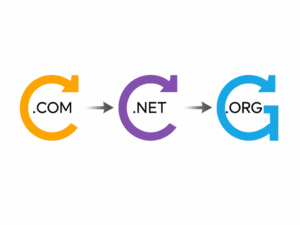
Understanding the history of these TLDs provides valuable context for their current usage. Back in the early days of the internet, when the domain name system was being established, these three extensions were among the first to be created.
.COM: Originally intended for commercial entities, .COM quickly became the most popular TLD. Its widespread adoption has made it synonymous with the internet itself.
.NET: Short for “network,” .NET was initially designed for organizations involved in networking infrastructure, such as internet service providers and data centers. Over time, its usage broadened to encompass various technology-related businesses.
.ORG: Intended for non-profit organizations, .ORG has largely maintained its original purpose. This gives it a distinct identity associated with charitable work, advocacy groups, and community initiatives.
.COM vs .NET vs .ORG: Defining the Differences
The key differences boil down to their intended purpose and how they are perceived by users:
.COM Domains: The Gold Standard
.COM remains the most recognized and trusted TLD. It’s often the first choice for businesses due to its established credibility and widespread recognition. The sheer dominance of .COM makes it a powerful tool for branding and online visibility. Users are naturally inclined to type .COM when trying to find a business online, further solidifying its value.
.NET Domains: The Tech-Savvy Alternative
.NET, while less ubiquitous than .COM, has carved its niche within the technology sector. While initially intended for network infrastructure, it has become a viable alternative for businesses operating within the broader tech landscape, particularly startups and online services. If your brand is focused on innovation and cutting-edge technology, .NET can be a fitting choice.
.ORG Domains: The Non-Profit Identifier
.ORG continues to be the go-to TLD for non-profit organizations. This clear association with social causes and community initiatives makes it a valuable asset for building trust and demonstrating a commitment to a mission beyond profit. Users instinctively recognize .ORG as belonging to an organization dedicated to a specific cause.
Which Domain Extension is Right for You?
Choosing the right domain extension requires careful consideration of your goals and target audience.
Choose .COM if: You are a business focused on reaching the widest possible audience. Its established credibility and memorability make it ideal for building a strong online presence.
Choose .NET if: Your business operates within the technology sector and you want to project a tech-savvy image. It’s a suitable alternative if your desired .COM domain is unavailable.
Choose .ORG if: You are a non-profit organization and want to clearly communicate your mission and values to potential donors and supporters.
.COM vs .NET vs .ORG: Impact on SEO
While the choice of TLD doesn’t have a direct impact on search engine rankings in the same way keywords or backlinks do, it can have indirect influences:
User Perception and Branding: A .COM domain can enhance user trust and brand recognition, potentially leading to higher click-through rates, which can indirectly influence rankings over time.
Typosquatting Concerns: The popularity of .COM makes it susceptible to typosquatting, where malicious actors register similar domains (e.g., yourwebsite.net) to capitalize on user errors. Choosing .COM and registering common misspellings as .NET or .ORG can mitigate this risk.
* Clarity of Purpose: Using .ORG for a non-profit or .NET for a tech-related venture clearly communicates your purpose to both search engines and users, reinforcing relevance and potentially leading to more targeted traffic.
Beyond .COM, .NET, and .ORG: Exploring Other Options
While .COM, .NET, and .ORG remain popular choices, the internet landscape is constantly evolving, and numerous other TLDs are now available. These include country-specific TLDs (e.g., .uk, .ca), industry-specific TLDs (e.g., .tech, .law), and even generic TLDs like .co and .info. Considering these alternatives might be beneficial depending on your specific needs and target audience.
Ultimately, selecting the right domain name is a vital step in establishing a successful online presence. Carefully considering the distinct connotations and best uses of .COM, .NET, and .ORG will set you on the path to a well-branded and effective website.

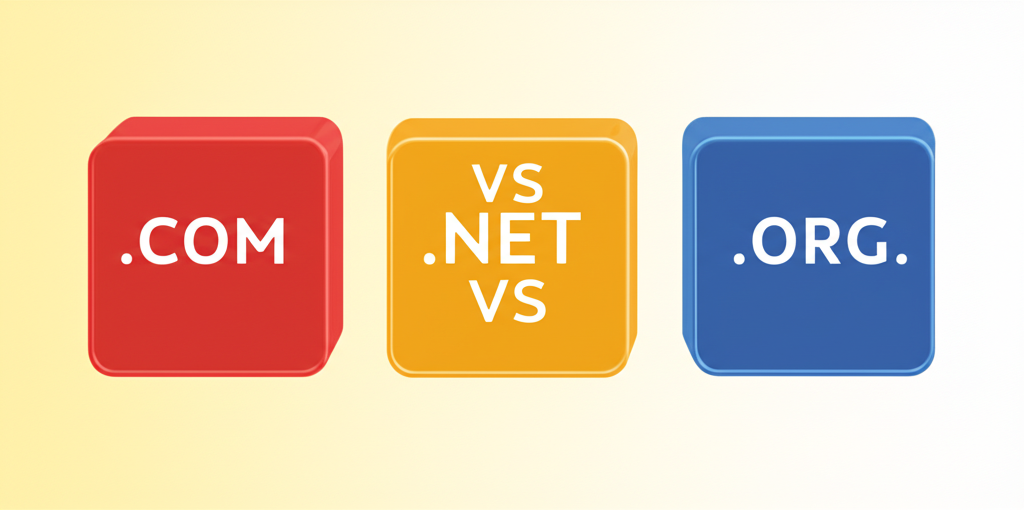


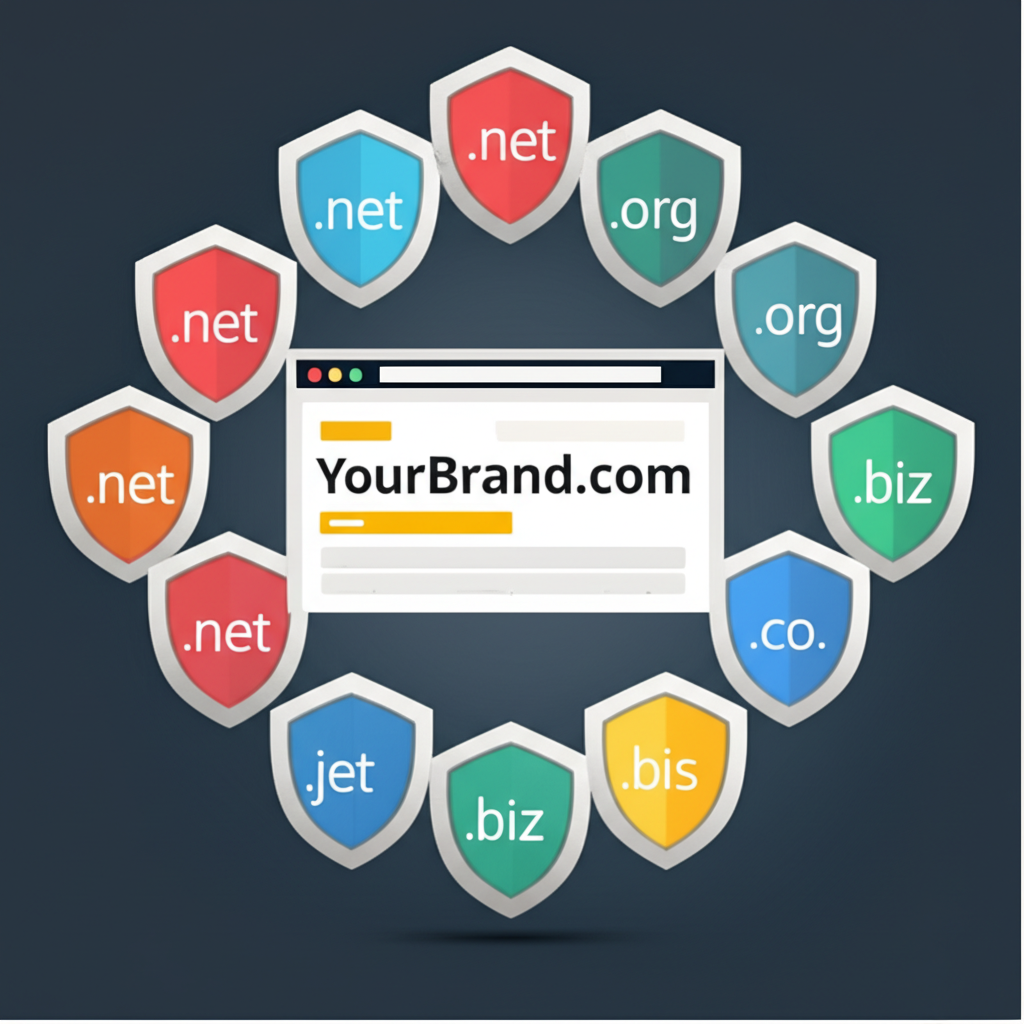


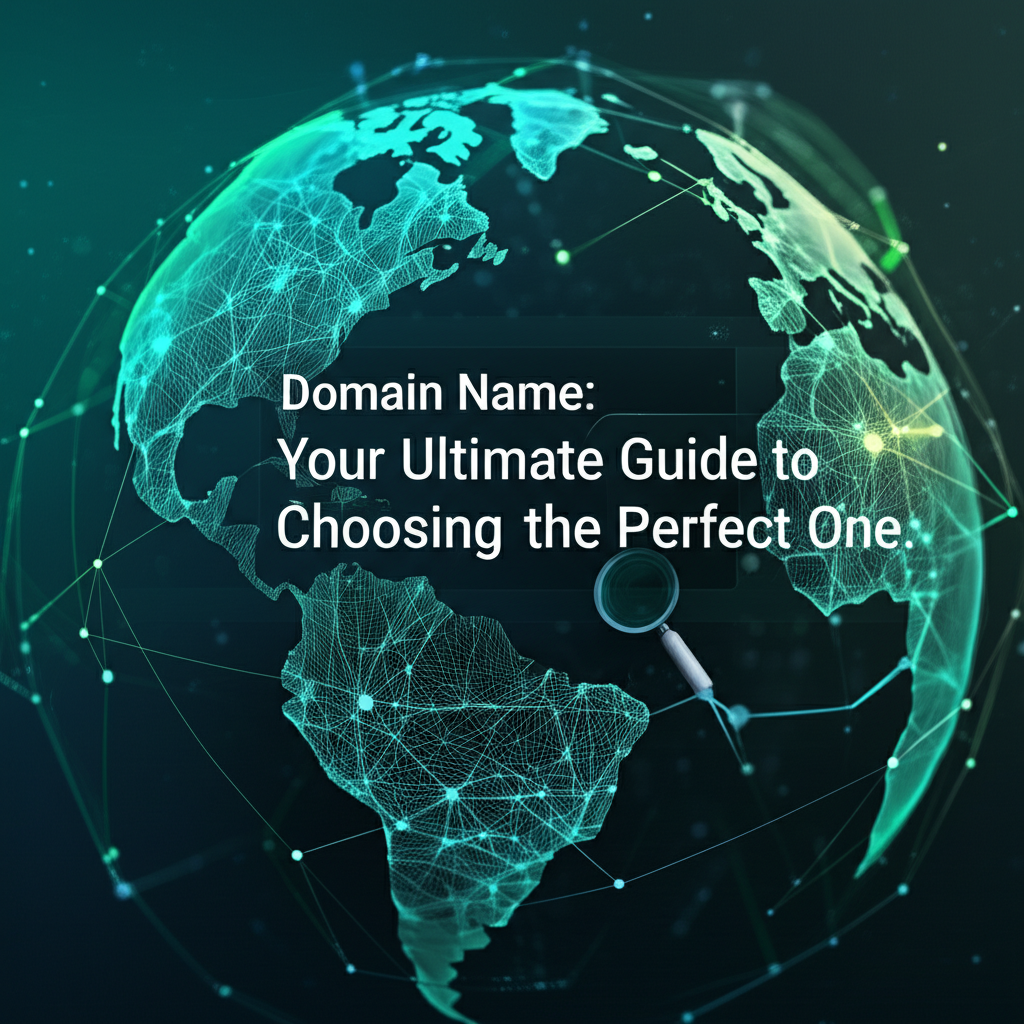

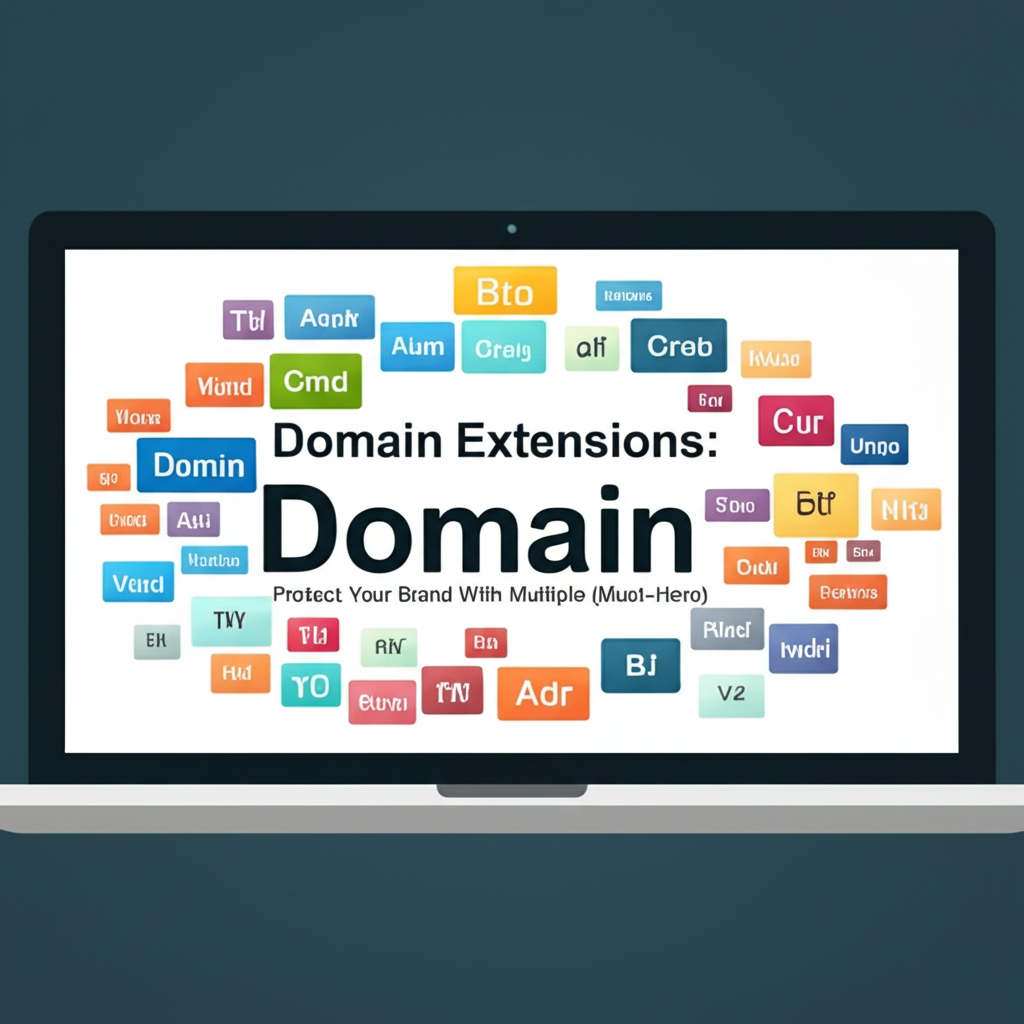

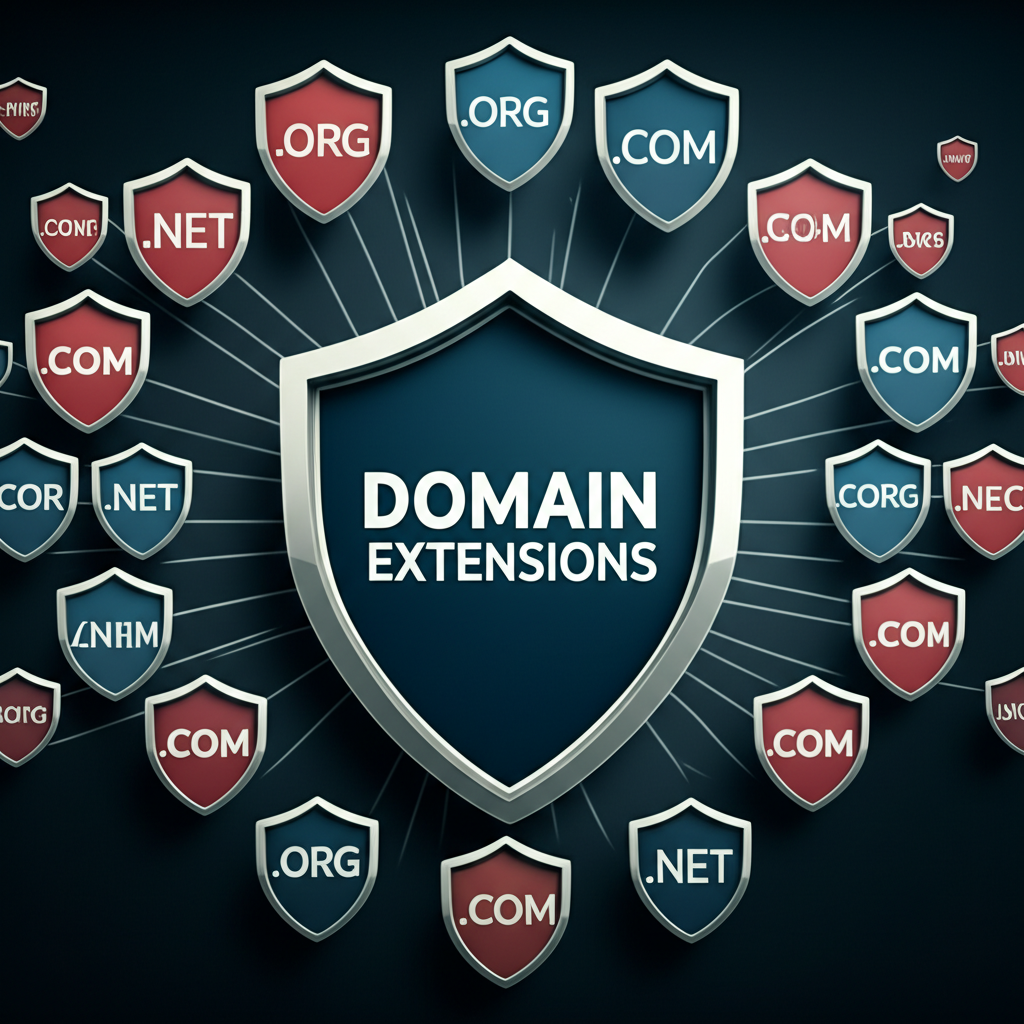



Leave a Reply